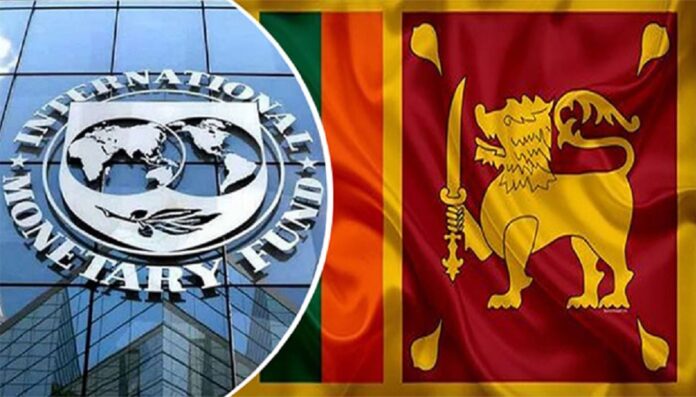By: Staff Writer
Colombo (LNW): The International Monetary Fund’s Governance Diagnostic Assessment (GDA) on Sri Lanka has proposed a “Transparency portal” at the Finance Ministry to be monitored by the Right to Information Commission.
An online transparency platform will be established to enhance transparency of debt, public procurement contracts, and tax exemptions.
The recommendation, ideally in place from March next year, should publish all procurement contracts above Rs. 1 billion along with comprehensive information in a searchable format on contract award winners.
The GDA also mandates the publication of a list of all firms receiving tax exemptions through the Board of Investment (BOI) and the Strategic Development Projects (SDP) initiative, an estimation of the value of the tax exemptions as well as a list of firms receiving tax exemptions on luxury vehicle imports.
The information proactively disclosed is recommended to be updated every six months.
The GDA also recommends that the Government shouldn’t enact future laws that will limit the reach of the RTI Commission and that relevant policies and rules concerning new anti-corruption, anti-terrorism and privacy legislation should reflect this.
The GDA acknowledges that Sri Lanka has taken important steps in establishing the right to information and creating an institutional framework for protecting those rights.
The Right to Information Commission (‘RTIC’) was created by the Right to Information Act, No. 12 of 2016 (‘RTI Act’), to hear complaints of non-compliance by public authorities of their disclosure obligations, and to recommend disciplinary actions against offending officials. It also has the power to prosecute those who commit offences defined in the RTI Act.
Given this mandate, it plays an important role in championing the right to information and fostering an (embryonic) culture of transparency among public authorities.
It builds upon the information infrastructure established by the Ministry of Media and works closely with the Ministry on outreach.
Experience to date has demonstrated the Commission’s ability to require Government agencies to disclose a wide variety of information requested by individuals.
Recently, it was involved in a landmark case adjudicated by the Court of Appeal which upheld a directive by the Commission to the Sri Lanka Parliament to release information on MPs who have submitted their Declarations of Assets.
The Court agreed with the Commission on all points and upheld that the RTI Act of Sri Lanka supersedes the 1970s Declarations of Assets and Liabilities Act of Sri Lanka.
The work of the RTIC is particularly consequential for anticorruption efforts since many of the requests for intervention come from groups that are traditionally most exposed to corruption and the abuse of public power, including women and minority groups.
The extent to which the RTI is relied upon as an effective means of seeking redress demonstrates the effectiveness of its outreach and the value associated with the information obtained based on its interventions.

